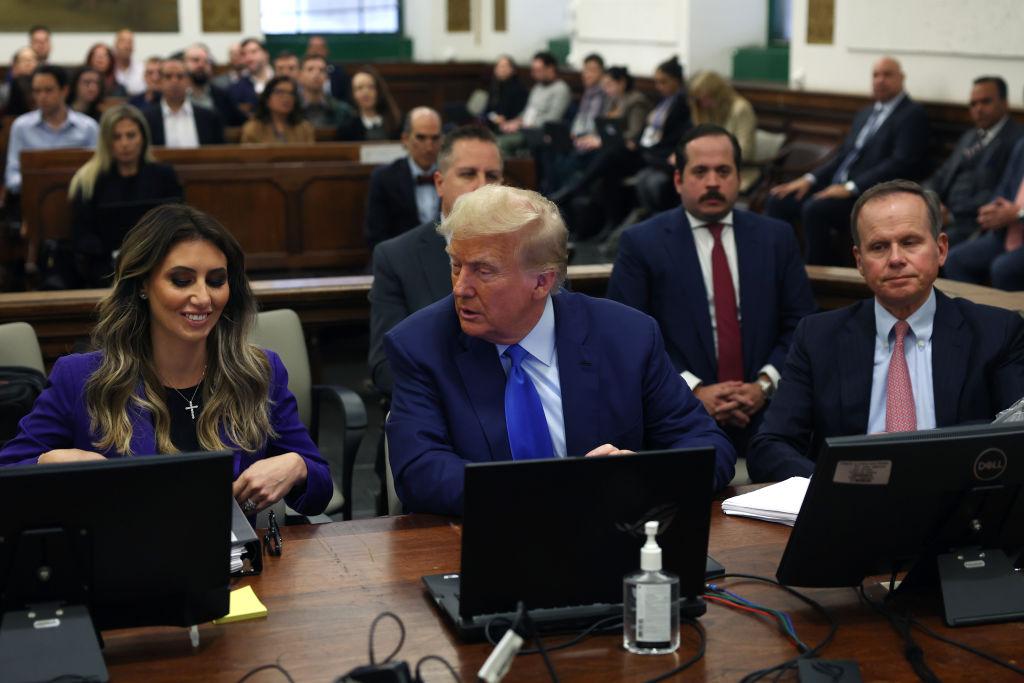New York Supreme Court Justice Arthur Engoron issued a new gag order on Friday, this time prohibiting former President Donald Trump’s attorneys from making remarks about his staff after defense attorneys clashed with the judge in court that morning over the issue.
The justice explained in his written order that he had originally imposed the gag order “only upon the parties, operating under the assumption that such a gag order would be unnecessary upon the attorneys, who are officers of the Court.”





